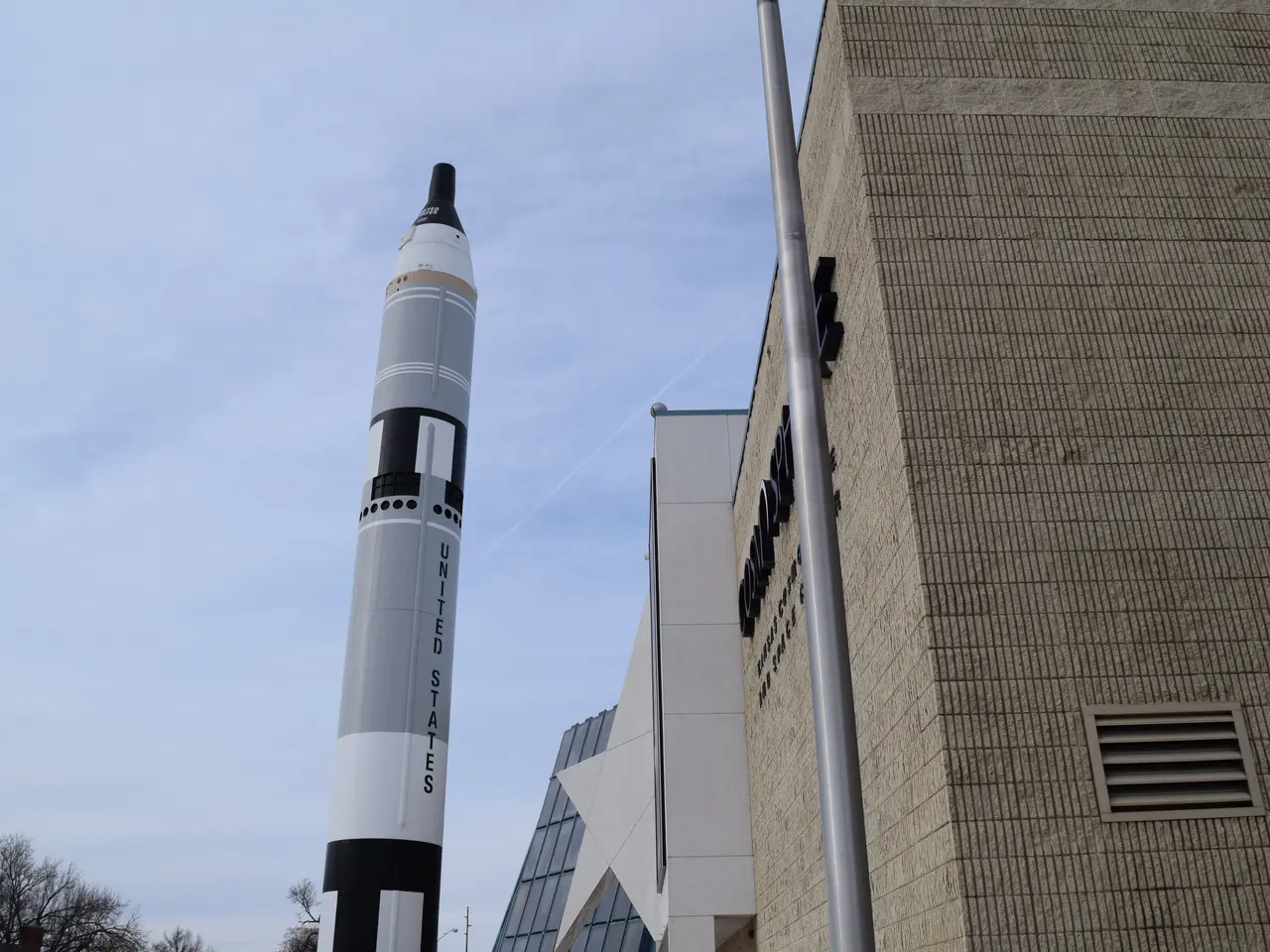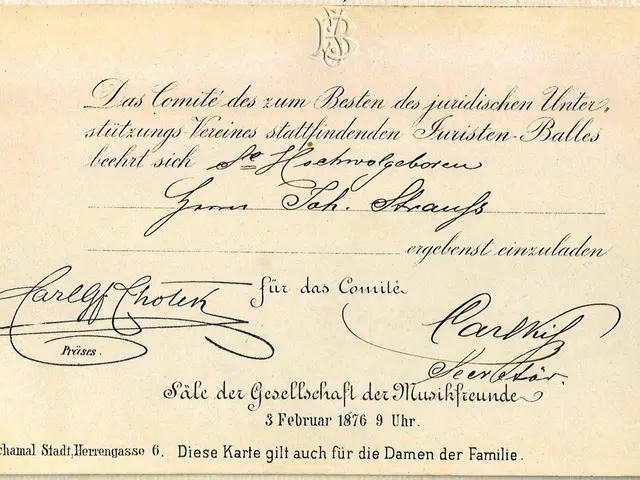Rocket Ariane 6 achieves key pre-launch breakthrough
The European Space Agency (ESA) and its partners are gearing up for a crucial moment as the Ariane 6 rocket prepares for launch on July 9. This development marks a significant step towards addressing Europe's launcher crisis, a predicament largely caused by the continent's dependence on U.S.-led NATO strategic enablers, particularly in the realm of missile launch capabilities.
The Ariane 6 rocket is designed to offer Europe a competitive, reliable, and independent launch vehicle for satellite deployment. This strategic autonomy in launching satellites supports Europe’s broader goal of acquiring independent capabilities in intelligence, communication, and missile systems, thereby addressing the launcher crisis in Europe by strengthening European control over vital space infrastructure.
The Ariane 6 rocket can be configured in two main versions: Ariane 62 and Ariane 64, each tailored to accommodate various payloads. Its modular architecture allows for future evolutions and integration of new technologies, potentially including features for more complex missions and partial reuse capabilities.
Final preparations for the launch include installing the payloads and the fairing. The fairing, the front part of the rocket, protects the payloads from aerodynamic forces and harsh environmental conditions during launch. Installing these requires precise and delicate handling to ensure that the instruments are not damaged and are properly aligned for deployment into orbit.
The wet dress rehearsal, completed on June 21, involved the complete refueling of the rocket with liquid oxygen and liquid hydrogen, followed by a simulated countdown that stopped just before engine ignition. This test was the last step before the actual launch and allowed the teams to practice all operations up to take-off using the rocket's real flight hardware and software.
The successful launch of the Ariane 6 rocket will not only support numerous European space programs and missions but also ensure the regular deployment and replacement of European satellites. These satellites are crucial for initiatives like Galileo, Copernicus, and scientific and defense missions.
The Ariane 6 rocket's design resembles that of rockets used by companies like SpaceX for reusability, further emphasizing its potential as a game-changer in Europe's space industry. The launch, originally scheduled for June 18, was delayed by two days, but the team remains confident and eager for the mission ahead.
The Ariane 6 rocket launch is more than just a space event; it's a significant stride towards European strategic autonomy in space. By securing independent, reliable deployment of satellites, the Ariane 6 rocket is set to play a pivotal role in shaping Europe's future in space exploration and defence.
The Ariane 6 rocket, scheduled for launch on July 9, is an integral part of Europe's strategy to achieve independent capabilities in space, including intelligence, communication, and missile systems. Its design, bearing resemblance to reusable rockets like SpaceX's, highlights its potential to revolutionize Europe's aerospace industry.
The launch, initially set for June 18, was delayed but remains a significant step towards Europe's strategic autonomy in space. This autonomous satellite deployment will support numerous European space programs and missions, including Galileo, Copernicus, and various scientific and defense initiatives.
The Ariane 6 rocket's modular architecture allows for future evolutions and integration of new technologies, potentially including features for more complex missions and partial reuse capabilities. This adaptability underscores its importance in addressing the continent's launcher crisis and fostering growth in the European space and technology sector.
The successful deployment of European satellites, facilitated by the Ariane 6 rocket, will contribute to Europe's financial independence by ensuring the regular operation of vital infrastructure in the realms of science, industry, and the environment, notably in space-and-astronomy research.








